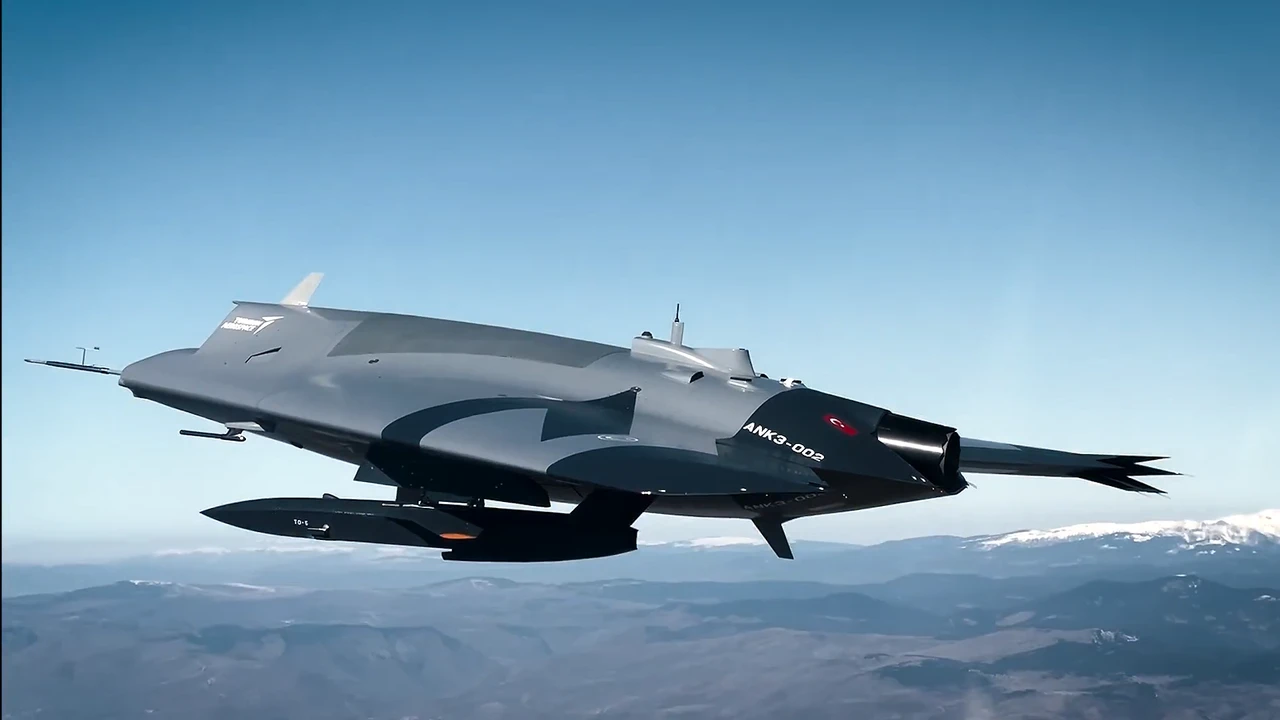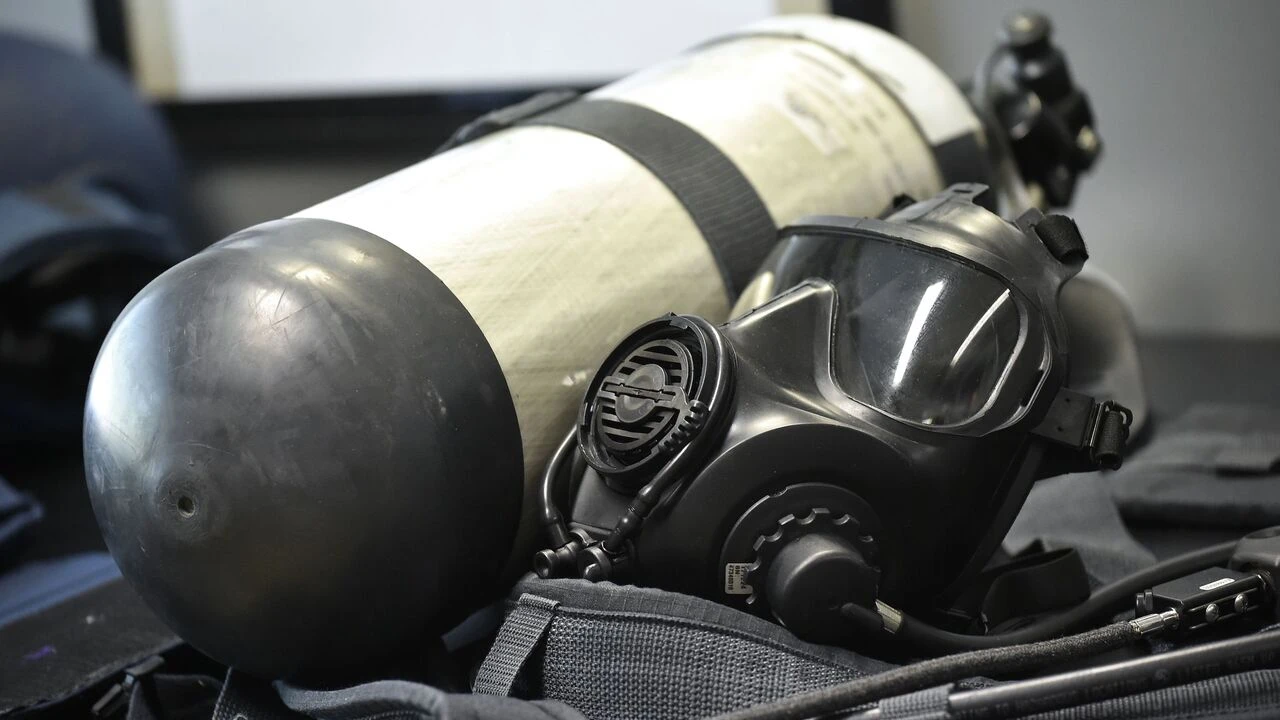Türkiye’s T-70 helicopter program partially suspended due to sanctions, Lockheed Martin confirms
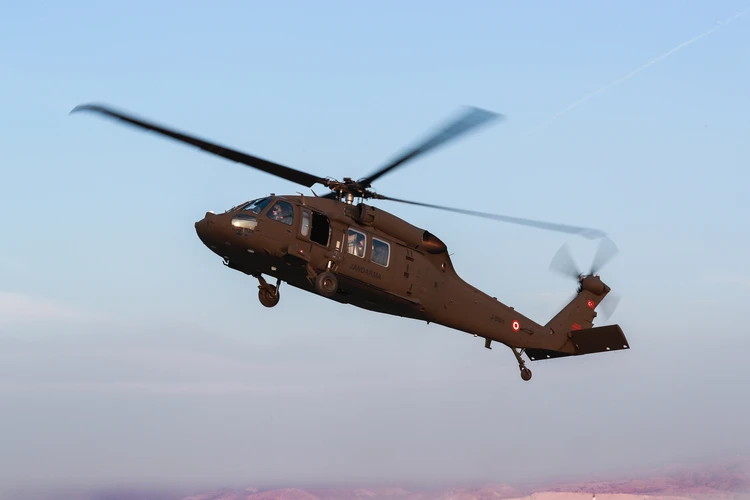 The first T70 Helicopter produced under the Utility Helicopter Program was put into the use of the Gendarmerie General Command on 14 December 2022. (AA Photo)
The first T70 Helicopter produced under the Utility Helicopter Program was put into the use of the Gendarmerie General Command on 14 December 2022. (AA Photo)
Lockheed Martin has announced the partial suspension of the T-70 Utility Helicopter Program (TUHP) as of Oct. 5, 2024, citing force majeure due to U.S. government sanctions imposed on Turkish entities.
The announcement was detailed in the company’s Jan. 28, 2025, Annual Financial Report.
The defense giant stated that sanctions have hindered its ability to obtain critical export licenses required to continue work on the Türkiye-based helicopter production project, forcing a temporary halt.
“Our international sales also could be adversely affected by actions taken by the U.S. government… For example, the U.S. government has imposed certain sanctions on Turkish entities and persons, which have affected our ability to obtain certain U.S. export permits… and could impact our work with Turkish industry and our opportunity for sales in Türkiye generally,” the report noted.
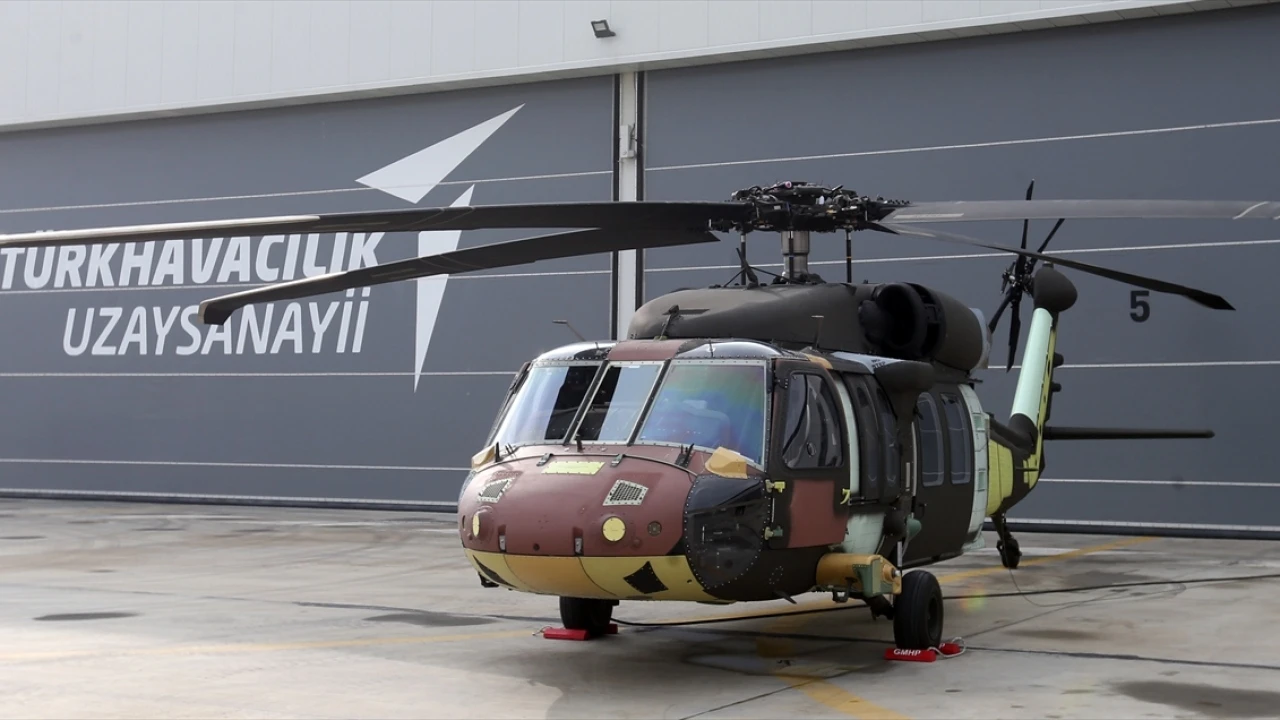
Lockheed Martin: Contractual challenges and risk of losses
According to the filing, the T-70 program involves co-production with Turkish industry for 109 helicopters based on the Sikorsky S-70i model.
Despite not having the employer’s force majeure recognition, Lockheed Martin has issued notices under the TUHP contracts, citing legal and logistical difficulties.
“We partially stopped work on TUHP effective Oct. 5, 2024… The TUHP contracts may be negotiated to be restructured or terminated, either in whole or in part… we could be at risk of recording significant reach-forward losses,” the company added.
Discussions with the customer regarding next steps are ongoing, with options including full or partial cancellation or restructuring of the program.
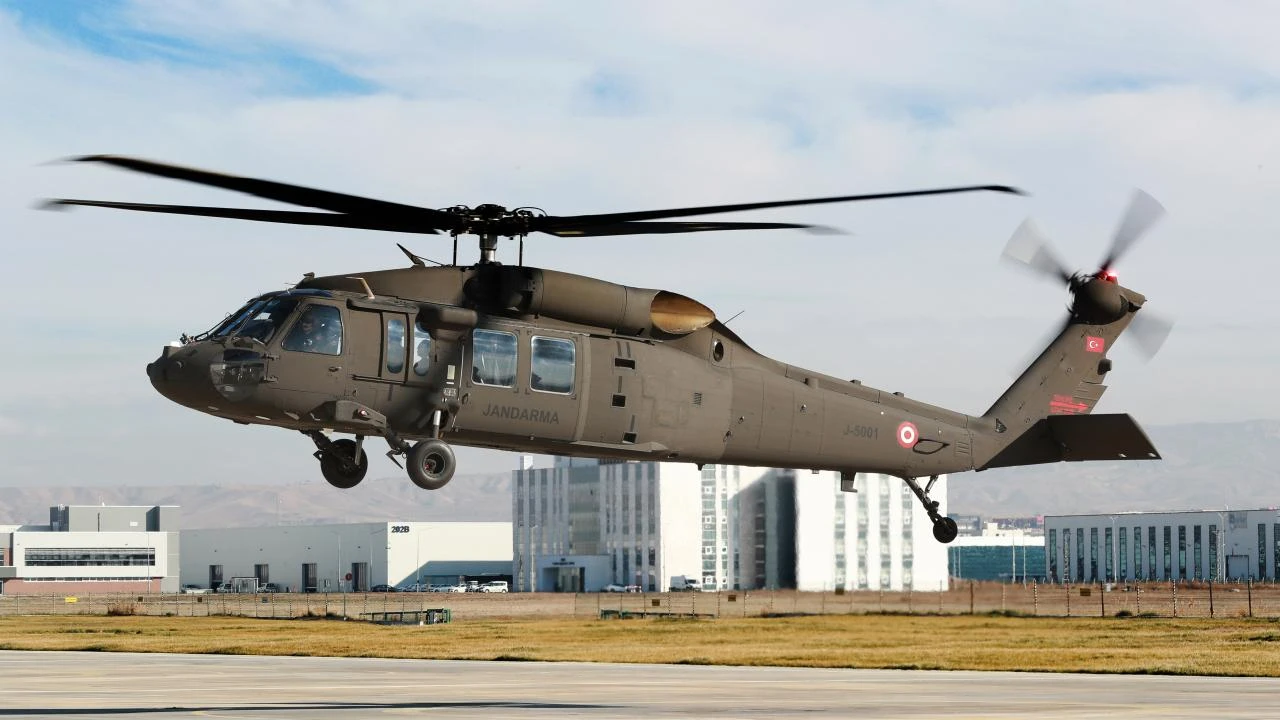
T-70 utility helicopter project overview
The T-70 is based on Sikorsky Aircraft’s S70i helicopter and is being produced under license in Türkiye.
The TUHP was initiated to deliver 109 utility helicopters to six Turkish government agencies, including the Land Forces Command, Air Force Command, Special Forces Command, Gendarmerie General Command, General Directorate of Security, and the General Directorate of Forestry.
Led by Turkish Aerospace Industries (TAI), with Sikorsky as the main subcontractor and contributions from Aselsan, TEI, and Alp Aviation, the program was designed to be a flagship defense industry project.
TAI is responsible for producing main components such as the cabin, cockpit, tail sections, and rotor blades, as well as final assembly and testing.
Aselsan manages avionics development and cockpit integration. TEI manufactures the T700 engine under license, while Alp Aviation provides landing gear and dynamic component assembly.
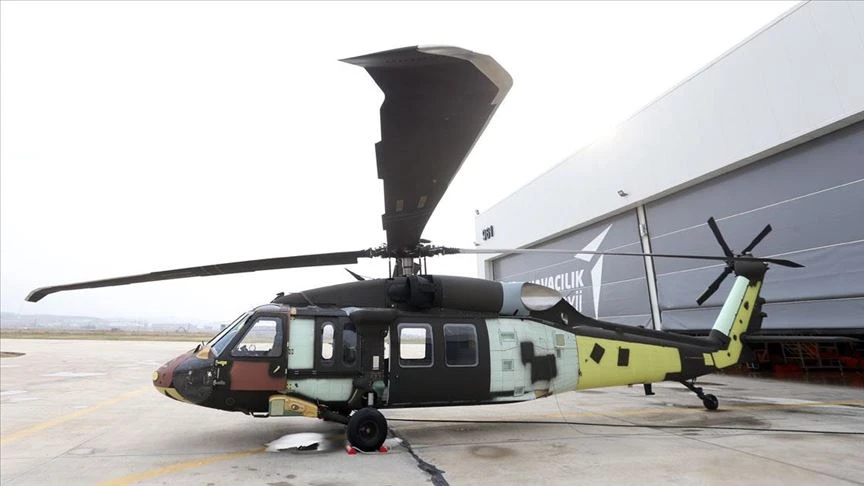
Future of TUHP uncertain
Although losses from development remain minimal as of Dec. 31, 2024, Lockheed Martin acknowledged the program’s liability status on its balance sheet.
The U.S. sanctions, originally imposed in 2020, continue to impact project viability and compliance.
The company stated that its customers and subcontractors claim Lockheed Martin lacks the contractual authority to suspend work. If a resolution is not reached soon, legal and financial consequences, including damages and unrecoverable costs, may follow.
Lockheed Martin has not ruled out a complete restructuring of the TUHP, and further updates are expected following ongoing negotiations.
